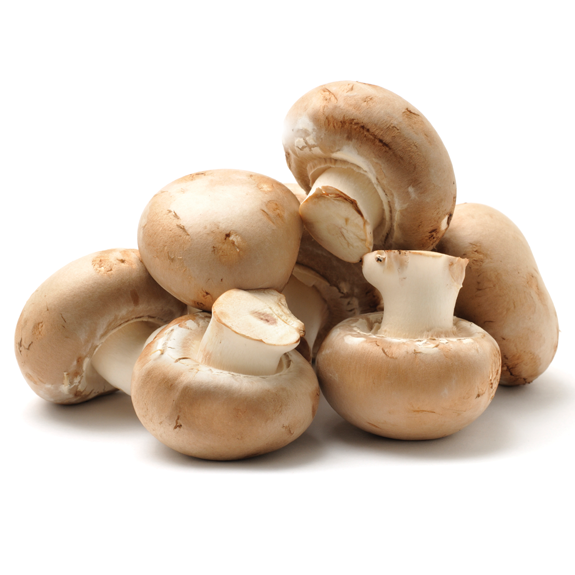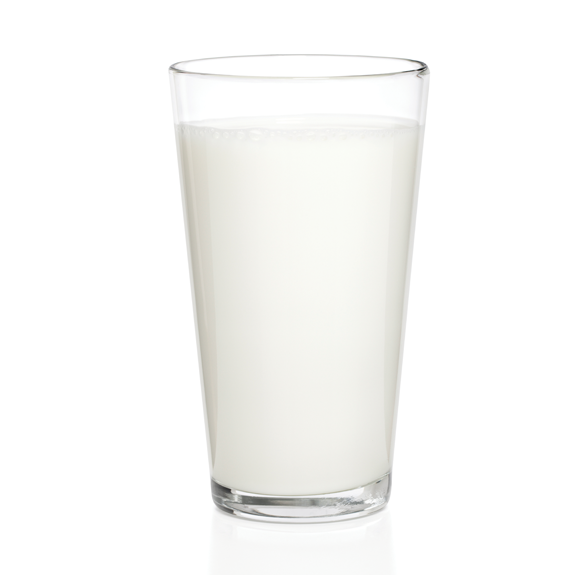Vitamins, minerals, and hormones all play an important role in helping athletes achieve optimum wellness and performance.
Dr. Sal, VP of Health & Wellness for Lee Memorial Health System, explains the science behind this complex balancing act.
If you’ve ever watched a gymnastics competition, or witnessed a trapeze artist execute an impressive aerial feat, you know that balance can be vitally important to an athlete’s performance. When we consider the internal workings of the body—especially concerning hormones, vitamins, and minerals—balance becomes even more vital, since each of these is interconnected and none can be maintained at optimal levels when another is out of balance.
In order to understand what these substances actually do, we need to look at their definitions and how they work chemically within the body. Many friends and family will tell you that they take vitamins or minerals, but often they are not sure themselves what these supplements do within the body; they only know that they feel better taking them.
VITAMINS
By definition, a vitamin is an organic compound that participates in a chemical reaction within the cells that is necessary for proper nutrition and development in a living animal. Minerals are inorganic substances that also aid normal bodily function; human bodies need sodium, potassium, calcium, magnesium, and many more, to give a few common examples. Hormones are chemical signals produced in one area of the body that take action in another distant area of the body. These three types of substances are all interconnected in the body, because [Tweet “hormones cannot be produced without adequate levels of specific vitamins and minerals.”]
The main goal of keeping vitamins, minerals, and hormones in balance is to manage the aging process. In fact, maintaining adequate levels of these substances can help you age more gracefully in several ways.
Want a primer on your basic vitamins? This quick list will help you understand the function of a few essentials:
 Vitamin A
Vitamin A
An antioxidant that helps protect the cells from cancers, vitamin A is essential for eye health and can be found in produce like carrots, sweet potatoes, and dark leafy greens.
 Vitamin B2
Vitamin B2
Better known as riboflavin, vitamin B2 helps turn sugar, fat, and protein into energy.
 Vitamin B3
Vitamin B3
Better known as niacin, this vitamin helps balance sugar and cholesterol levels in the blood. It also helps with energy production and brain function.
 Vitamin B5
Vitamin B5
Also known as pantothenic acid, vitamin B5 is also involved in energy production and the metabolism of fats. It is essential for brain and nerve function, and helps in the production of steroid hormones. This essential vitamin is also a natural antidepressant and diuretic.
 Vitamin B12
Vitamin B12
This well-known vitamin carries oxygen through the body and is essential for energy production, the synthesis of DNA, and proper nerve function. It plays a crucial role in metabolizing folic acid, which is important for the developing brain and nervous system, as well as for red blood cell formation.
Vitamin C
Also called ascorbic acid, vitamin C strengthens the immune system. You probably learned in primary school that you can get plenty of this vital nutrient from citrus fruits like oranges and grapefruit, but broccoli and bell peppers will also super-charge your vitamin C levels.
Vitamin D
Vitamin D is much more that a vitamin. It functions more like a hormone and has hundreds of beneficial effects, like improving cardiovascular function and nervous system function, and it also helps maintain strong bones. It can even decrease the risk of autoimmune disease, cancer, and dementia. Vitamin D also helps the body optimize its use of oxygen and decreases the risk of the hardening of the arteries.

Vitamin K
This vitamin is necessary for effective blood clotting, and it is also involved in keeping the bones healthy. It helps with immune function and improves response to vaccinations.
HORMONES
When looking to treat hormone deficiencies, the goal should be to get them back to youthful levels. For example, we know that the female hormones estrogen, progesterone, and DHEA all decline with age, as does the male hormone, testosterone. All hormone production requires cholesterol, and when we look at the production of estrogen, we see that there are three main types, the levels of which change with age and can influence health and disease. Post-menopausal women have more type 1 estrogen, and this increases the risk for breast cancer. Progesterone helps balance estrogen and helps improve mood and anxiety levels.
Testosterone
This primarily male hormone has many functions in addition to the development of sexual characteristics. It has a major benefit on the cardiovascular system and also has positive effects on the brain and nervous system.
Thyroid Hormone
This hormone helps maintain the metabolic rate and also influences cholesterol levels, strengthens the heart, decreases blood pressure, and improves the function of the arteries. A thyroid imbalance can lead to excessive weight loss or gain.
Cortisol
Cortisol is the hormone most closely associated with acute stress. When chronically elevated, cortisol becomes very harmful, resulting in muscle wasting, a decline in cognitive function, an increased risk of osteoporosis, decreased immune function, and elevated glucose levels. If these levels remain elevated, adrenal fatigue can occur. (Looking for ways to reduce stress? Give these 5 Yoga Poses That Fight Stress a try.)
Melatonin
Melatonin is a tremendously interesting hormone, as it’s produced by almost every living species on the planet. It’s best known for helping regulate sleep, but it also has neuroprotective properties and a multitude of beneficial effects on blood pressure. It acts an antioxidant and an anti-inflammatory agent, and supports the immune system by increasing the effectiveness of other antioxidants.
Now, you’re probably wondering why I’ve gone into such great detail about the chemistry of vitamins, minerals, and hormones, so I’ll circle back to balance in your body and overall health: optimal levels of [Tweet “vitamins, minerals, and hormones are necessary to maximize your exercise potential.”] You cannot achieve success as an athlete without healthy levels of all these components.
In addition to supplying the body with healthy macronutrients (proteins, fats, and carbohydrates), you also need to supply the body with essential vitamins, minerals, and hormones that utilize these macronutrients. Fats are necessary to produce hormones, but this cannot be done unless the body has optimal levels of vitamins and minerals. Carbohydrates are used as fuel for all cells, especially the brain. The hormone insulin is required for this process; without adequate levels of cholesterol and other micronutrients, the body is unable to perform these functions. (It’s not only important to know what to take but also, Which Vitamin Supplements Are Really Worth Your Money?)
It all comes down to your nutrition and daily intake, which is the key to maintaining balance within your body. Balanced nutrition provides you with all the essentials needed to make energy and motion possible. To achieve optimal health and excellent function, you should ask yourself: What can I do today to achieve better health than the day before? By putting healthy food in your body and getting adequate exercise daily, you build a strong foundation for a quality life and advanced longevity. As the “Blue Zones” project has shown, individuals can live to be 100 years old while still maintaining a quality life with a sharp mind and functional body.
Finally, remember this helpful equation: “5–9 + 30.” This means eating 5–9 servings of (primarily) vegetables with a few fruits daily, plus (at least) 30 minutes of moderately intense exercise each day. Eat real food, minimize processed foods and unhealthy animal products, get 7–8 hours of quality sleep, do your best to minimize the stress in your life, practice gratitude and compassion, and make health your number-one priority every day.
Stay well, my friends!
Read on for other doctor recommended ways to improve your health…
New Study Reveals Good Fats Even Better Than You Thought
Harvard Study Reveals Yoga’s Effect on the Brain
9 Reasons Sex Makes Everything Better…Especially Your Health



